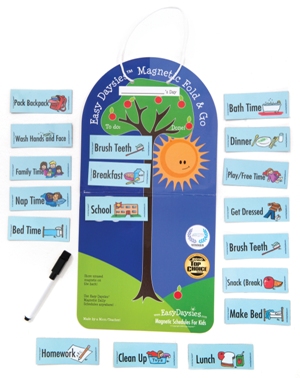 We’re thrilled to announce the arrival of the Assessment of Functional Living Skills (AFLS), a brand new assessment to complement the ABLLS-R, from James Partington, PhD, BCBA and Michael Mueller, PhD, BCBA. This brand new tool assesses Basic Living, Home, and Community Participation skills in individuals with autism, across all ages. This week only, we’re offering this brand new product as our pick of the week. You can save 15% on the AFLS by entering the Promo Code BLOGAFS3 at checkout.
We’re thrilled to announce the arrival of the Assessment of Functional Living Skills (AFLS), a brand new assessment to complement the ABLLS-R, from James Partington, PhD, BCBA and Michael Mueller, PhD, BCBA. This brand new tool assesses Basic Living, Home, and Community Participation skills in individuals with autism, across all ages. This week only, we’re offering this brand new product as our pick of the week. You can save 15% on the AFLS by entering the Promo Code BLOGAFS3 at checkout.
The Assessment of Functional Living Skills (AFLS) is an assessment, skills tracking system, and curriculum guide for the development of essential skills for achieving independence. It can be used to demonstrate a learner’s current functional skill repertoire and provide tracking information for the progressive development of these skills throughout the lifespan. The AFLS contains task analyses of many of the skills essential for participation in a wide range of family, community, and work environments and can be used simultaneously with the ABLLS®-R. There are currently three Protocols , and they address these different areas: Basic Living Skills, Home Skills, and Community Participation Skills.
The complete AFLS covers more than 735 daily living skills in 24 skill areas to comprehensively assess an individual’s functional, practical, and essential skills in everyday life, in their home, school, and community. The skills addressed are all based upon overarching goals for maximizing freedom, independence, and opportunities for individuals with Autism Spectrum Disorder (ASD). Each assessment module contains eight different skills areas that thoroughly assess functional skills across a wide range of settings throughout a learner’s lifespan. Every module of the AFLS is designed to ensure that parents, caregivers, and professionals provide learners with the very best opportunities to learn how to do tasks for themselves in a broad array of real-world settings.
Based on the methodology of applied behavior analysis, the AFLS is a unique tool for assessing basic, home, and community participation skills of individuals with autism of all ages, including adolescents and adults. The AFLS is designed to be an easy- to- use assessment tool for parents, educators, professional staff, and other caregivers. These assessment protocols will help educators, parents and professionals develop enhanced person-centered programming and transition plans, providing critical roadmaps for parents concerned about where their children will go as they grow, and their ability to live active, meaningful lives.
The AFLS is available as a complete assessment, containing the Guide & Scoring Instructions, along with the Basic Living Skills, Home Skills, and Community Participation Skills Protocols: AFLS: Assessment of Functional Living Skills Complete Bundle.
You may also purchase the Individual Protocols along with the Guide:
AFLS Guide & Basic Living Skills Assessment Protocol 
The Basic Living Skills Module addresses self-help, self-care, self-management, hygiene, routines, and core communication skills. These skills should be thought of as a prerequisite for any functional skills program for learners regardless of age, setting, or disability. These essential skills, if not mastered, will have a profound impact on a learner’s ability to live independently, to be successful in school, and to take advantage of various social and recreational activities throughout the learner’s life. The Basic Living Skills Module includes:
•Self-Management
•Basic Communication
•Dressing
•Toileting
•Grooming
•Bathing
•Health, Safety and First Aid
•Nighttime Routines
 AFLS Guide & Home Skills Assessment Protocol
AFLS Guide & Home Skills Assessment Protocol
If the learner is living with parents, in a supported facility, a group home, or independently, the Home Skills Assessment Protocol provides an essential review of skills required for home living. Basic and advanced skills for preparing and eating meals, cleaning, dressing, doing laundry, leisure skills, and daily activities are assessed. The Home Skills Module includes:
•Meals at Home
•Dishes
•Clothing and Laundry
•Housekeeping and Chores
•Household Mechanics
•Leisure
•Kitchen
•Cooking
AFLS Guide & Community Participation Skills Protocol 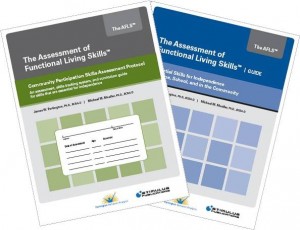
Community participation begins most basically with learning to physically navigate safely around sidewalks, streets, and signs. A wide variety of skills are also required for one to independently shop in grocery and department stores, shop at the mall, and eat at a fast food or sit-down restaurants . In addition to the above mentioned skills, telling time and using time-related concepts, making and keeping appointments, using a phone, and other skills that help people stay connected and interact with others in the community, are also assessed in this module. The Community Participation Skills Module includes:
•Basic Mobility
•Community Knowledge
•Shopping
•Meals in Public
•Money
•Phone
•Time
•Social Awareness and Manners
Remember, this week only, you can save 15% on the AFLS by entering the Promo Code BLOGAFS3 at checkout. Be among the first to get what is sure to become an invaluable resource today!
*Offer expires on July 3, 2012 at 11:59 pm EST. Not compatible with any other offer. Be sure there are no spaces after the Promo Code when you enter it at checkout.


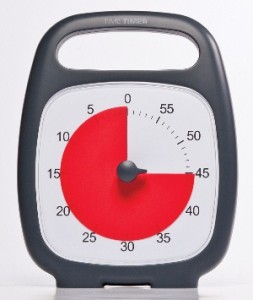
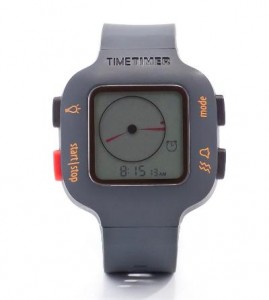
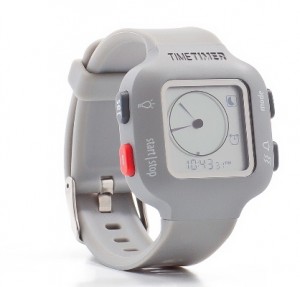
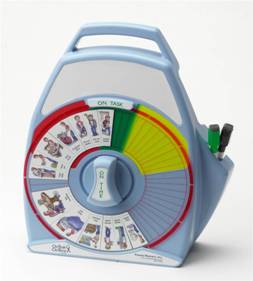
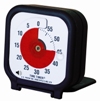
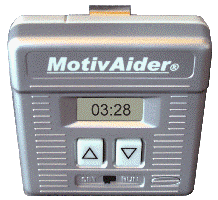




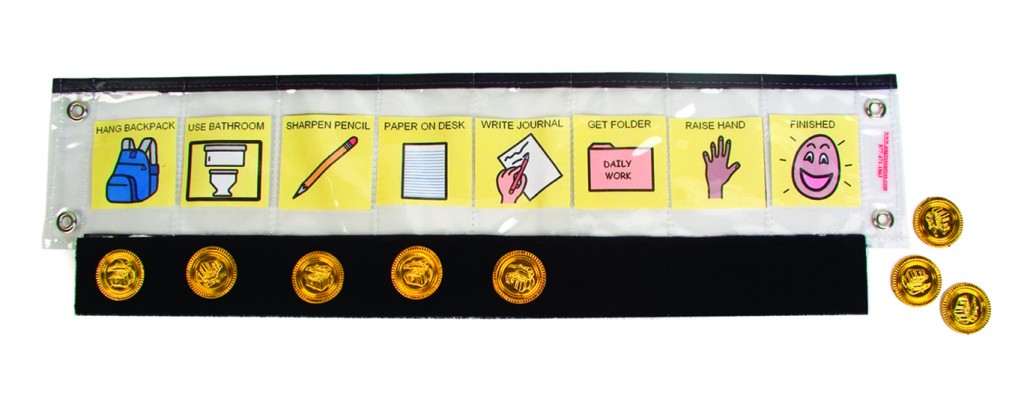
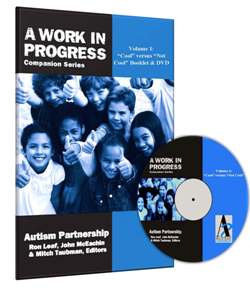
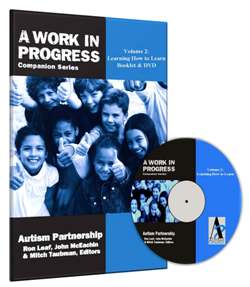
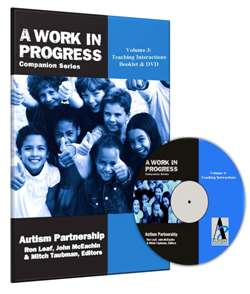
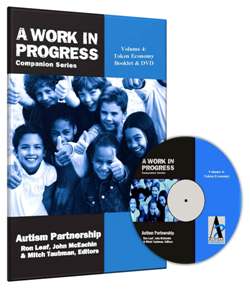
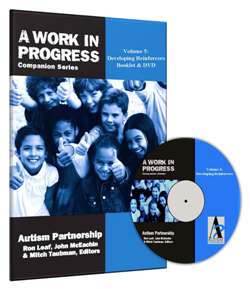 et & DVD: Volume 5
et & DVD: Volume 5 